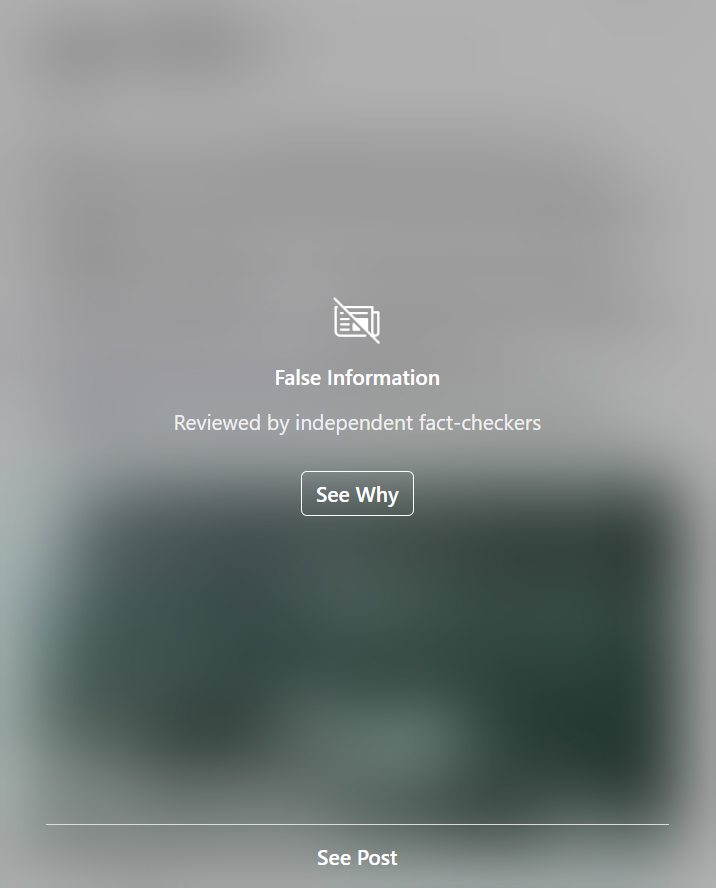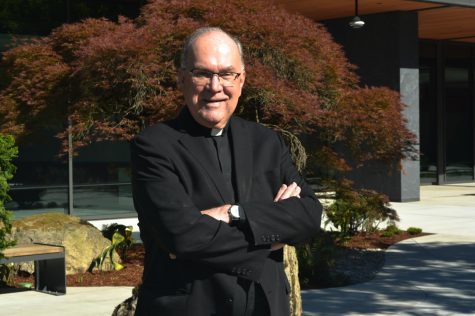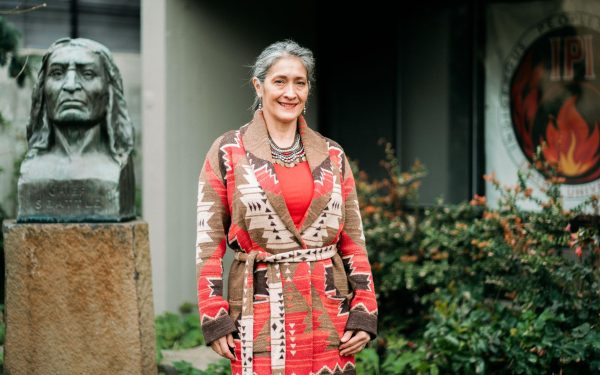Misinformation’s Deadly: Social Media Perpetuates Serial Killer Rumors
Over the past few weeks, social media posts have spread rumors of the existence of a serial killer in the Seattle area, alarming residents. One post on Instagram said, “so far 4 women have been found in the SODO and the Burien area… until more details arise, just be aware of your surroundings and avoid walking alone late, if you can.”
However, the Seattle Police Department (SPD) assured the public that these claims are false and that there is no danger, stating in a tweet that “We’ve received a number of inquiries about this. Seattle PD does *not* have any serial cases.” The Sheriff’s Office gave similar assurance that online claims were unverified and backed by no evidence.
In the age of the internet information can spread at an unforeseen rate, creating panic throughout a city and avoiding misinformation can be challenging. Seattle University Communications Chair Caitlin Carlson points to teaching and improving one’s media literacy to ensure that false information is not perpetuated online.
“We can take steps to make sure that the information that we share with family and friends is accurate. Media literacy can help people to know when they are receiving accurate information, and it helps people understand how media works and how it helps information travel, and it can teach us what makes an accurate source. We need to be teaching media literacy the same way we teach financial literacy, because it is important in learning how to be an effective citizen,” Carlson said.
Many users find that social media is their primary way of accessing news. Ashley Sheo, a second year digital design major, explained that though she does see news on social media platforms first, she researches it online to ensure it is trustworthy.
“I get almost everything from social media, but I fact check through news websites—I think that’s super important. I’ll look it up after I see it. But I do get everything from Instagram and Twitter,” Sheo said.
Although Sheo initially felt suspicious of the reported ‘serial killer’ post appearing on her feed, she became more convinced as information began to circulate through word of mouth. She was also unsure if she could trust the SPD’s Twitter posts.
“I first heard about it through someone’s Instagram story, it was a screenshot of a screenshot of a screenshot. I couldn’t find it online and I couldn’t fact check it, but then I saw more news and informational accounts posting it,” Sheo said.
A crucial media literacy skill is parsing misinformation and disinformation. Misinformation is when a piece of news is mistakenly taken out of context or lost in translation as it is spread, whereas disinformation is news that is purposely spread with the intent of causing issues in any way. Seattle U Communications Lecturer Jim Clune gave examples of this difference, particularly in the context of the recent news.
“The spreading of the news of the serial killer was most likely misinformation, while intentional disinformation is a lot of what’s going on in politics. For example, there is still a part of the republican party that believes Biden didn’t win the election,” Clune said.
Clune drew attention to social media as an example of the decline of reliable news, noting that it was once regarded as an important tool for communication. However, he believes the relationship between traditional news outlets and the dissemination of news has since shifted.
“Now only about 60% of Gen Z who regularly post online content see social media as a meaningful way to spread news. It’s dropped about 15-16% since 2018,” Clune said.
The popularity of a false Instagram post reporting a serial killer in Seattle is emblematic of a larger media literacy crisis amongst Americans which has endangered democratic institutions and communal trust. Whether Seattleites are up to the challenge of refuting misinformation about public safety remains to be seen.










